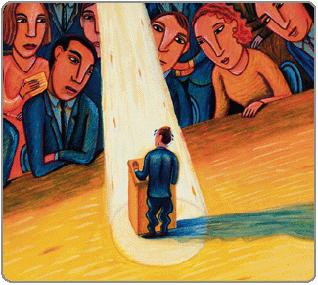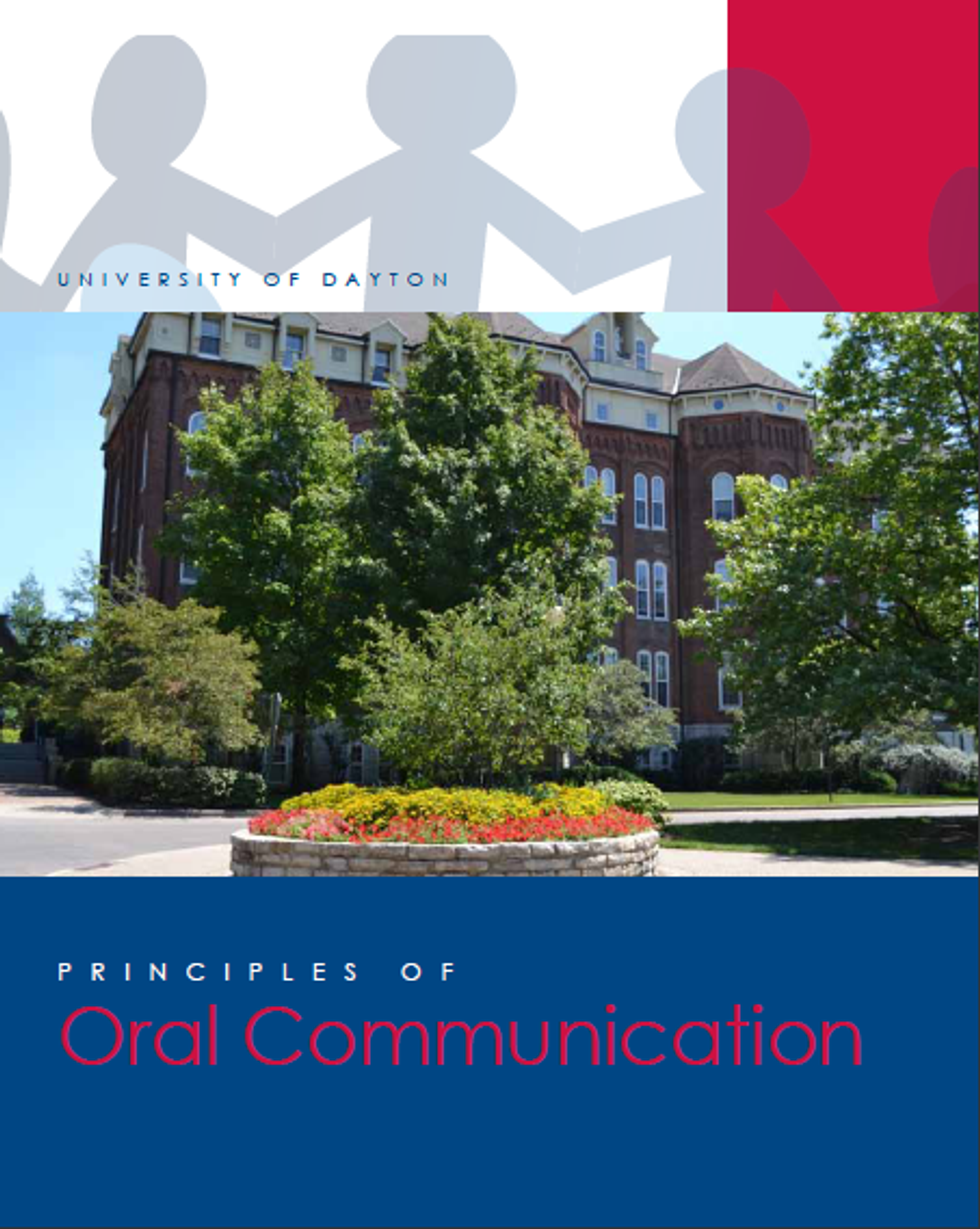Public Speaking: Say that phrase and you can hear introverts all over the world shudder.
Why? Because for some of us, it’s scary. We are expected to stand in the front of a room and give an elegant speech, but instead, our throat locks up, our legs shake, our heartbeat goes through the roof, our palms sweat, and our mind goes blank. It’s a mental fear with a physical reaction that leaves us drained, frustrated, and mortified.
I have seen articles circulating arguing that public speaking should not be required in schools. These articles articulate the negative effects that forced public speaking has on those with speech anxiety. They cite panic attacks, students fearing going to school, even PTSD. Let me emphasize that a fear of public speaking is not necessarily the same as the diagnosable Social Anxiety Disorder. We must recognize Social Anxiety Disorder, and perhaps make accommodations for those who suffer from it.
However, I do believe that public speaking education is critical, and should be required throughout schooling. Why? Because public speaking is a part of everyone’s everyday life. Public speaking is much more than standing at a podium in front of hundreds of strangers. It is also participating in a job interview, expressing your opinion about a topic to your peers, explaining your project idea to your coworkers, and even ordering a burrito at Chipotle.
As a child, I was extremely shy. Talking on the phone, even to people I knew, made my heart race. It took an internal pep talk to tell the waitress my order, and raising my hand in class, even when I was sure of the answer, was terrifying.
I was lucky that the schools I attended required me to do various forms of public speaking. From reading aloud, to book project presentations, to formalized speeches, I got a lot of exposure to talking in front of others. In the beginning, I was petrified, and I’m sure my speaking was terrible. I talked too quietly and too fast and my hands shook and my eyes wandered. I hated it. But slowly, I improved. While practice might not make perfect, practice certainly makes progress.
While my stomach still feels queasy and my legs still shake when I give presentations, I am now able to stand in front of others with a steady, clear voice and a confident demeanor. And I no longer think twice about ordering my food at Chipotle.
For me, public speaking education worked. However, I cannot assume that the current system will for everyone. In fact, I believe that changes need to be made. Many public speaking courses, especially at the collegiate level, should be improved in order to teach students skills that they need.
"Oral Communication" is currently a required class for all students at the University of Dayton. I have heard many complaints about this. Why do engineering, math or biology majors needs to take a public speaking class? Well, as I mentioned previously, public speaking is a part of everyday life. An engineer might not ever need to give a formalized persuasive speech, but they very well might have to propose a project idea to their superiors. Public speaking is not obsolete in STEM fields. That being said, the current "Oral Communication" course at UD, and most likely public speaking courses at many other schools, is fairly irrelevant to those in STEM related majors. The course consisted of three rehearsed speeches, and an excess of information describing terms and concepts that really are of no use to someone who isn’t studying the humanities or social sciences.
I would like to propose a new curriculum for required public speaking courses. Some colleges and universities already have courses like this, and I commend them for that.
Public speaking should include more than just formalized speeches. It should include impromptu speeches, reading aloud skills, information on how to handle speech anxiety, speaking to both large and small groups, technical speaking, casual speaking, lessons on body language, handling interviews, and so much more. Public speaking is a critical part of being successful in our current society, regardless of the field you go into. We need to prepare our youth to be confident delivering messages, expressing their opinions, and presenting themselves throughout their lives.











 man running in forestPhoto by
man running in forestPhoto by 










